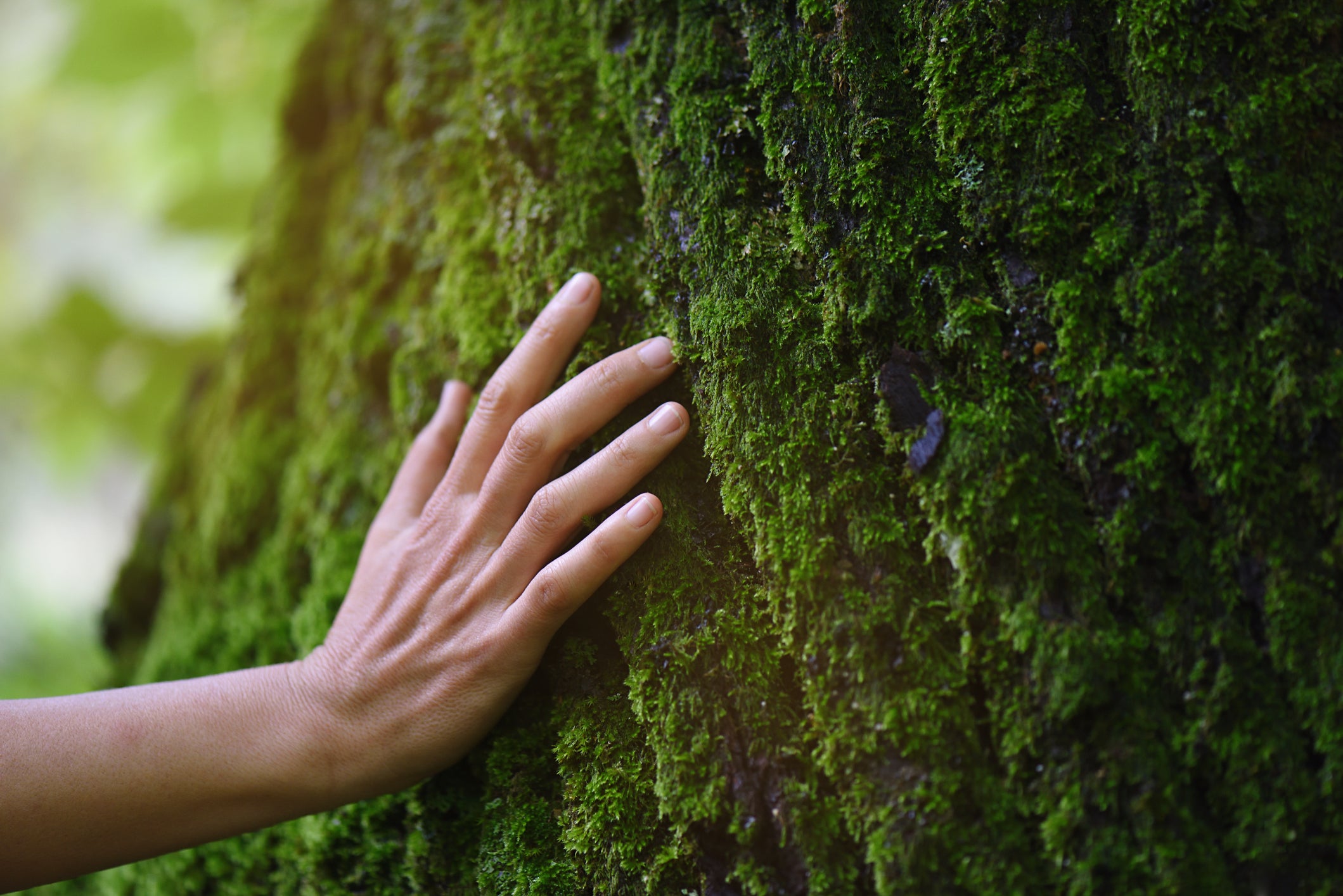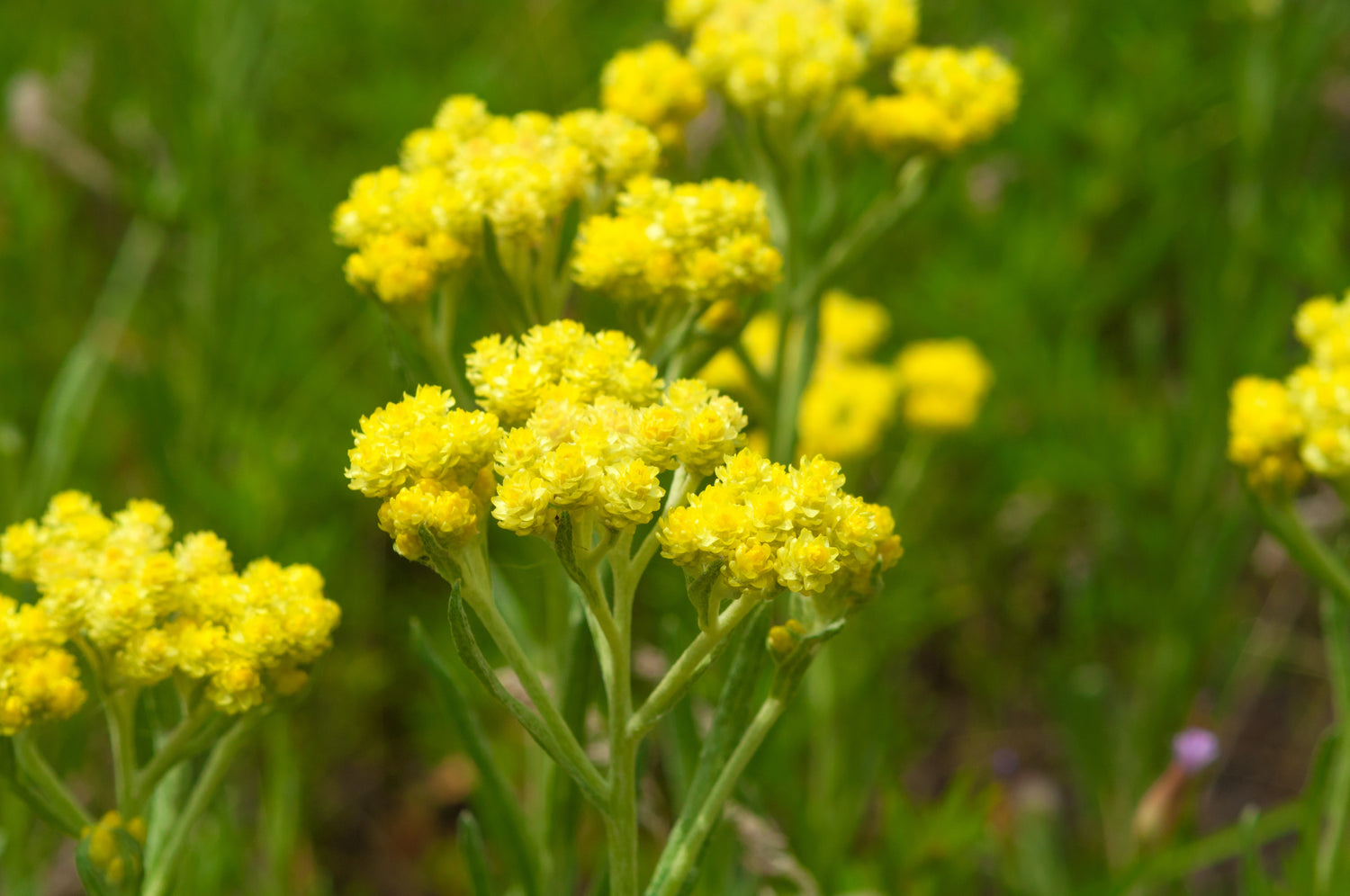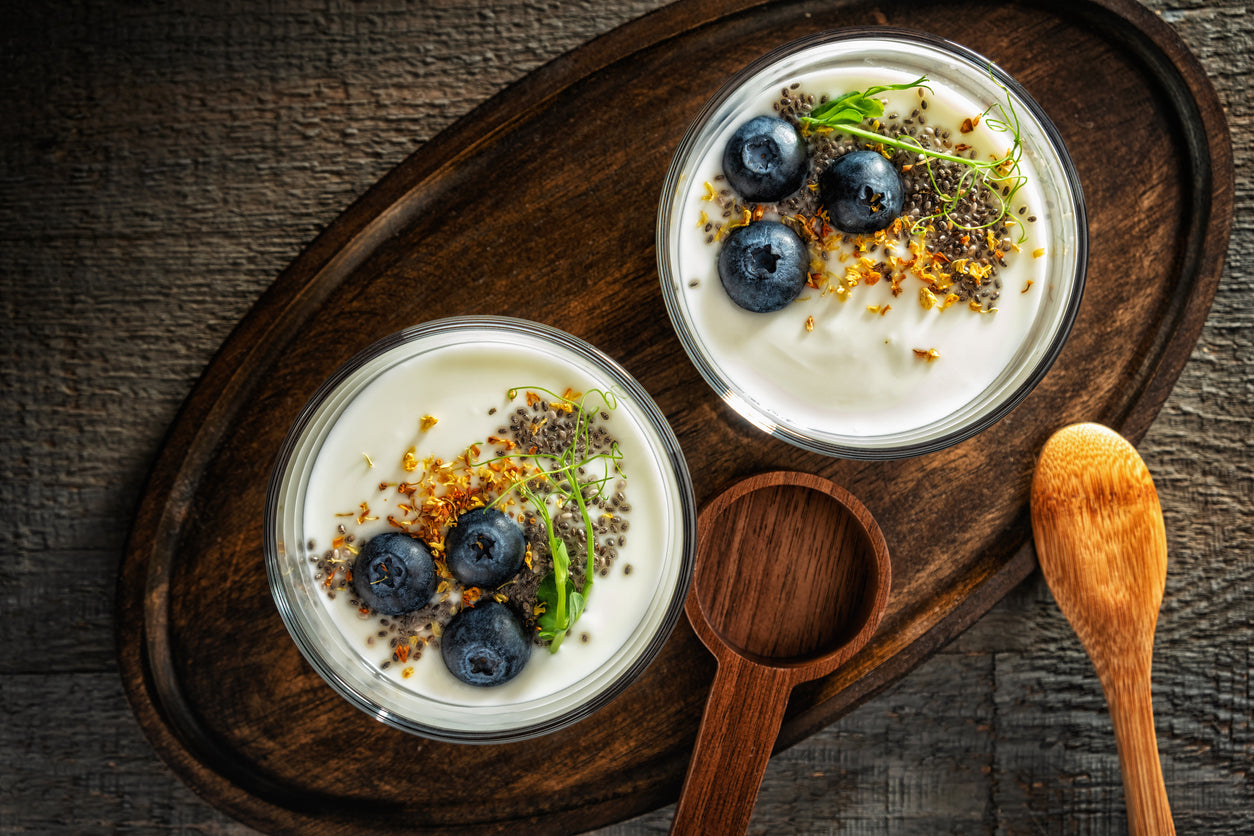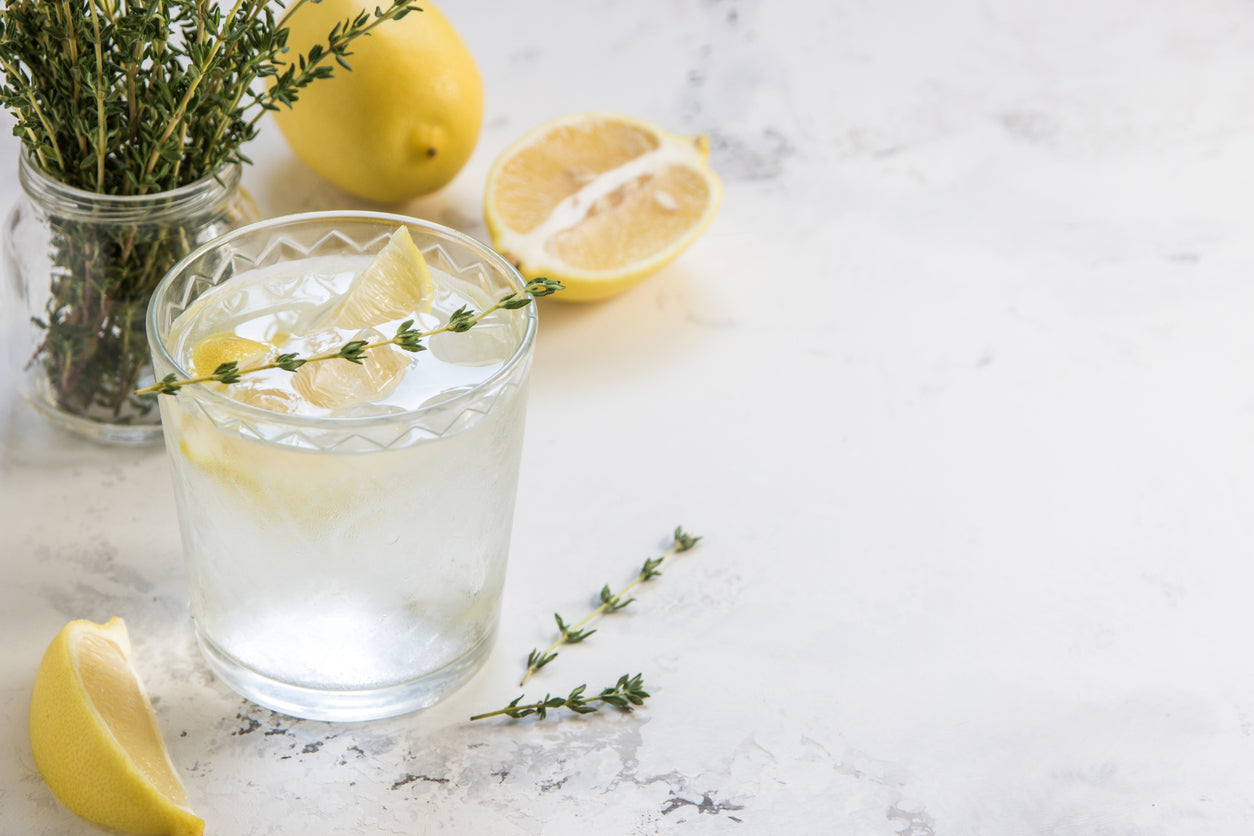Modern life offers us so many tools and gadgets that our ancestors would not believe us if we traveled back in time and told them what we could do with the touch of a button. We can overcome physical distances with an international video call. And we can truncate time, collecting hundreds of years of data, using our search engines. In other words, we can bend space and time.
If all this sounds liberating, then why do we feel so oppressed, as if trapped in a never-ending rat race? The daily pressures and demands of modern life make achieving a good work-life balance seem more difficult than it was back in the days when we didn’t have so many devices at our disposal. Could it be that the way we once lived, simpler, slower, closer to nature, was more suited to us?
So what are we to do? Turn back time? We can’t. Nor should we drop out and make a run for the woods, feed on nuts and berries, and sleep in a straw hut. Natural living isn’t about extremism and exclusions. It’s more about the inclusion of simple, daily practices that are eco-friendly and give us, and our families, more opportunities for better health, an improved work-life balance, and greater harmony with nature.
The foundations of natural living
If we ask ten people for a definition of natural living, we will probably get ten different answers. Don’t worry. All that this tells us is that whether we start a garden on our balcony, move to the countryside, or use cloth towels instead of paper towels, there are many changes in our daily lives, both big and small,
that we can implement to reconnect with Mother Nature, live more naturally, and improve our health and well being.
Sounds good. But where does one start? From the basics. People who practice a more natural living strive to use non-toxic, sustainable, organic ingredients and products.
Non-toxic is any ingredient or product that has no adverse effects on our health or the environment.
Sustainable is any ingredient or product that does not deplete primary natural resources and does not cause ecological damage.
Organic is any ingredient or product that is grown without the use of synthetic chemicals, such as fertilizers and pesticides, and following organic farming protocols.
Natural living is good for us and the planet. And it’s surprisingly easy.
10 simple, daily practices for living more naturally
How we can live more naturally outdoors
● If it's a short trip to where we're going, why not skip the car and walk instead? Just 30 minutes of walking a day can increase our cardiovascular function, strengthen our bones, reduce our excess body fat, and enhance our muscle strength and endurance. Walking also releases our body's endorphins, instantly improving our mood. Even better: we can walk with one or more friends and enhance our friendships in meaningful emotional, mental, and physical ways.
● If there are stairs, why not turn our backs to elevators and escalators? Stairs are everywhere. They are a quick, easy, and free way to add more physical movement to our increasingly sedentary lives.
● If we are outdoors, why not get out of our heads? Instead of being consumed by constant thoughts and mind chatter, we can become more curious about our surroundings. Let us be stimulated by what we observe all around us. Let us rediscover the sense of wonder and awe we had as children. Curiosity can increase our empathy with people and the environment and can strengthen our connections with them.
How we can live more naturally at home
● Cooking at home is good for us. But switching to a healthier diet is often difficult. Ready-made food has its conveniences. However, healthy eating isn't only about shedding the extra pounds we might be carrying. Home cooking, with as many natural, organic ingredients as possible, provides us with more energy, improves our overall health, and increases our productivity. Cooking at home doesn’t need to be complicated. And if we buy local fresh ingredients, the benefits, both for us (they are fresher) and for the environment (lower transport costs and less
pollution), are multiplied.
● We make sure our household cleaning products, from washing machines to cleaners, are made with non-toxic, eco-friendly raw materials, and are skin-friendly and allergy-free.
● We replace products made from unsustainable plastic, such as plastic cutting boards, storage containers, and kitchen utensils, with products made from wood, glass, or metal. Not only will our environment appreciate it, but so will our health because some of these plastic household items can release harmful substances.
● We purchase products from natural fibers. Cotton, silk, linen, wool clothing, sheets, and towels contain natural fibers. Synthetic fabrics, on the other hand, are produced through a chemical synthesis known as polymerization, or polymer synthesis. Most synthetic fabrics, such as polyester, rayon, and nylon, are nothing more than plastic fabrics that burden the environment both during their manufacture and at their time of disposal.
● We avoid unnecessary exposure to harmful electromagnetic fields. Our smartphones expose us to extremely low-frequency magnetic fields. That is why we should use a speakerphone or headset to answer a call, and not keep our phones near our beds at night. Similarly, when using a laptop, it's best to rest it on a pillow or desk, and not directly on or next to our body.
● We go green with houseplants. One 1989 NASA experiment found that houseplants can filter the air of harmful, airborne compounds like formaldehyde and benzene.
● We opt for natural, eco-friendly cosmetics and personal care products. The term "Clean Beauty" refers to skin and body care products without chemicals such as parabens, phthalates, sulfates, and synthetic fragrances. They are made of natural, organic origin ingredients, that are non-toxic, sustainable, and ethically produced.
Athonites skincare and wellness products: eco-friendly, sustainable, and organic
All our advanced formula ATHONITES SKIN LINE face and body care cosmetics along with our advanced formula ATHONITES WELLNESS LINE cosmetics for targeted treatment and wellness are pure, all-natural, and certified internationally. Our herbs are organically and wildly grown on fully sustainable cultivations on Mount Athos.
The historic, sacred peninsula of Mount Athos is one of the last pristine ecosystems of the entire Mediterranean region. Its fertile soil, intact land, and unique microclimate contribute to the natural reproduction of 1453 different species of plants and herbs, 34 of which are endemic to the Mount Athos
peninsula.
Recognizing the vital role that the Mount Athos ecosystem plays in maintaining a stable climate and environment for the well-being of all species, we work hard to safeguard its natural biodiversity. We cultivate only organically and harvest exclusively by hand.
Simpler. Slower. Closer to nature. This is how we reduce our ecological impact not only locally, on Mount Athos, but also globally. It is our most important obligation to future generations and we strive daily towards this goal.
Eco-friendly, sustainable, and organic. Each of our ingredients and products is a precious gift of nature.






